24 blogs: found:.

Governments often look to equipping an educated workforce, securing foreign direct investment, and strengthening innovation as a means of achieving economic growth. However, there is a factor that has as much relevance in the race to strengthen and grow an economy. One that will have growing significance in the years to come.
by: Jashan Jegasothy | February 20, 2021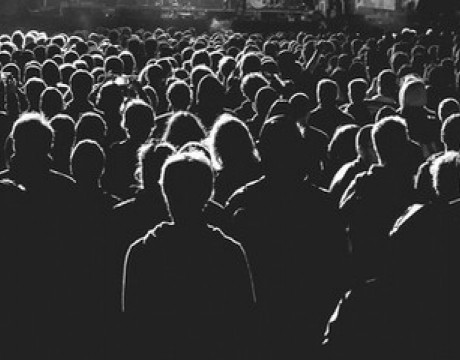
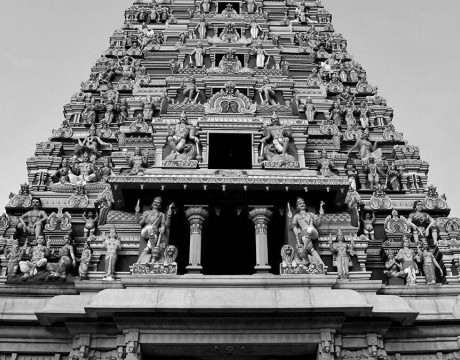
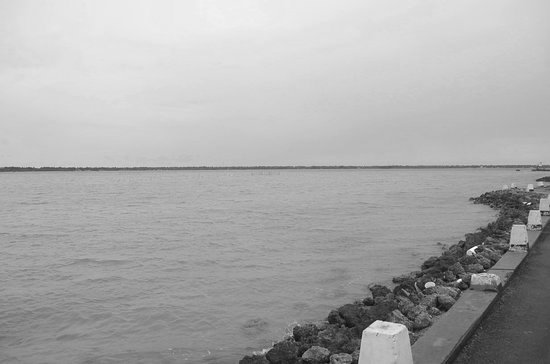
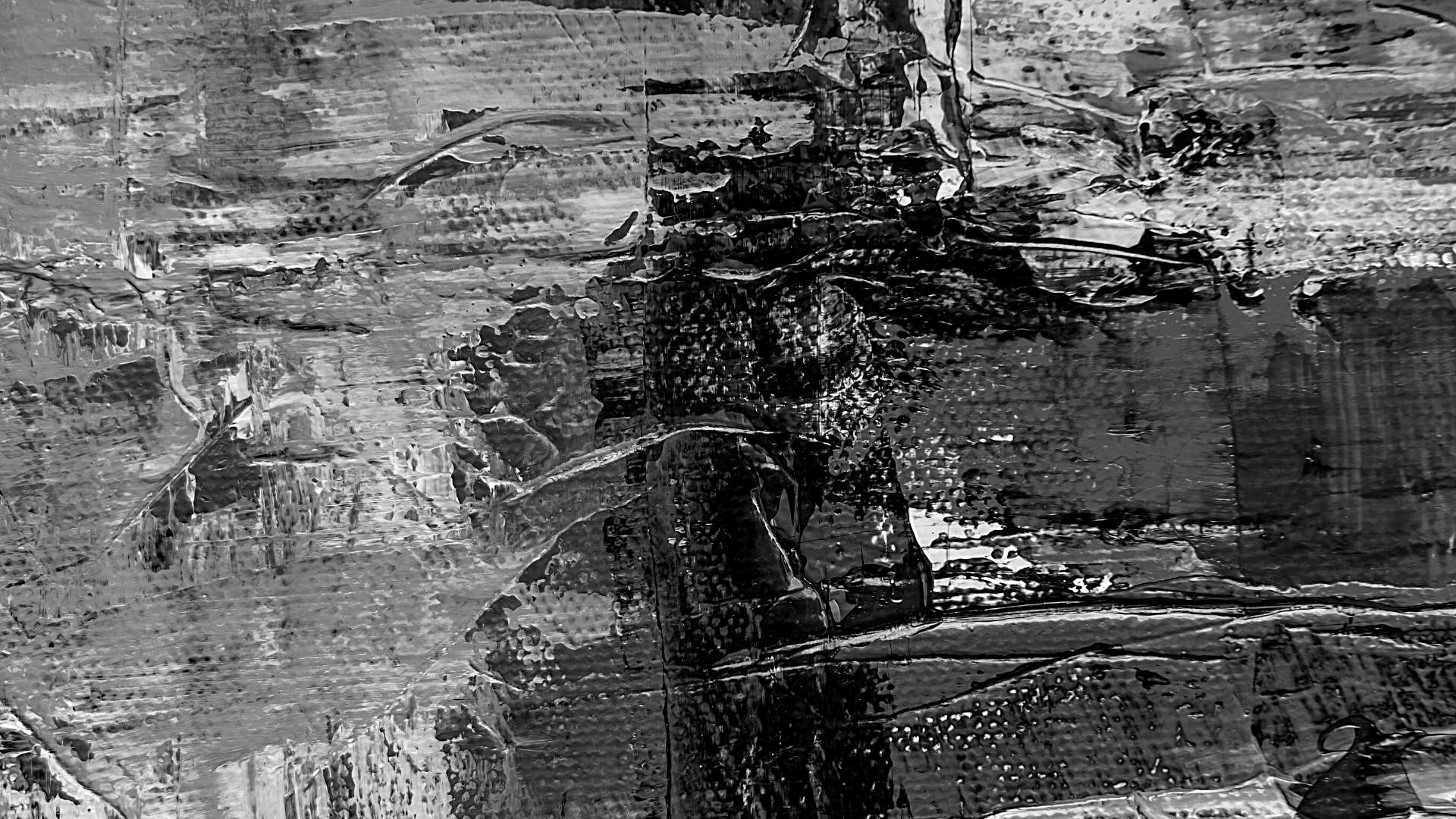
Over some months last year, I had the privilege of being a part of a Working Group that helped develop this resource – a Digital Citizenship Toolkit, focusing on areas I have been working on such as cyber exploitation and violence & the intersection of gender and technology. The Toolkit covers several areas, and as Minor Matters (the publishers) describes: “We are in the midst of a digital transformation – that is, the integration of digital technology into many areas of personal lives, work, leisure, business and government. Our personal and public activities are increasingly channeled through digital devices and the web. This opens up new opportunities, but it also brings up new challenges – for example violations of privacy, electronic surveillance and online harassment. Digital citizenship is an approach to cope with this new reality to minimise negative impacts and derive optimum benefits for everyone.
by: Sharanya Sekaram | June 12, 2020
As first appeared in Groundviews on 12th June 2020. Written by Shalomi Daniel and Ermiza Tegal. There is a clear global trend of curtailing freedom of expression under the guise of controlling the COVID-19 pandemic. At the time of writing, 34 countries have been recorded as taking executive action, issuing orders or promulgating laws affecting this freedom.[i]
by: Shalomi Daniel and Ermiza Tegal | June 12, 2020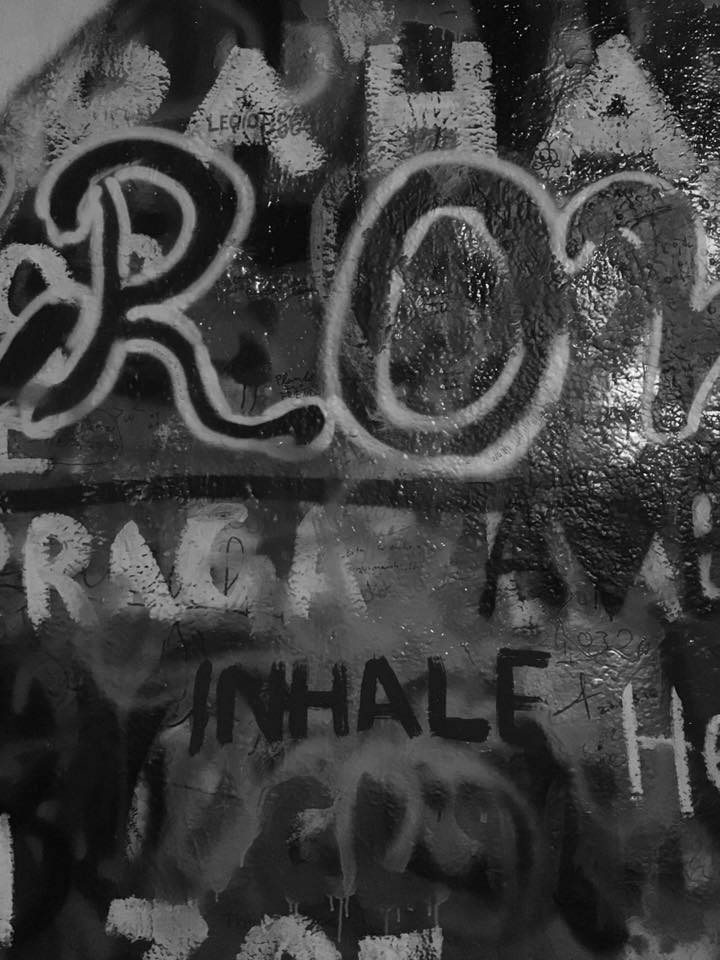
In a society in which direct speech is censored, indirect speech often has a better chance at getting through. Art is indirect speech. And artists, for a long time, have been active in speaking out when others have remained silent. Often because the unique medium of art provides a mode of expression that can often pass under the radar of state and social censorship.
by: Abdul Halik Azeez | July 08, 2019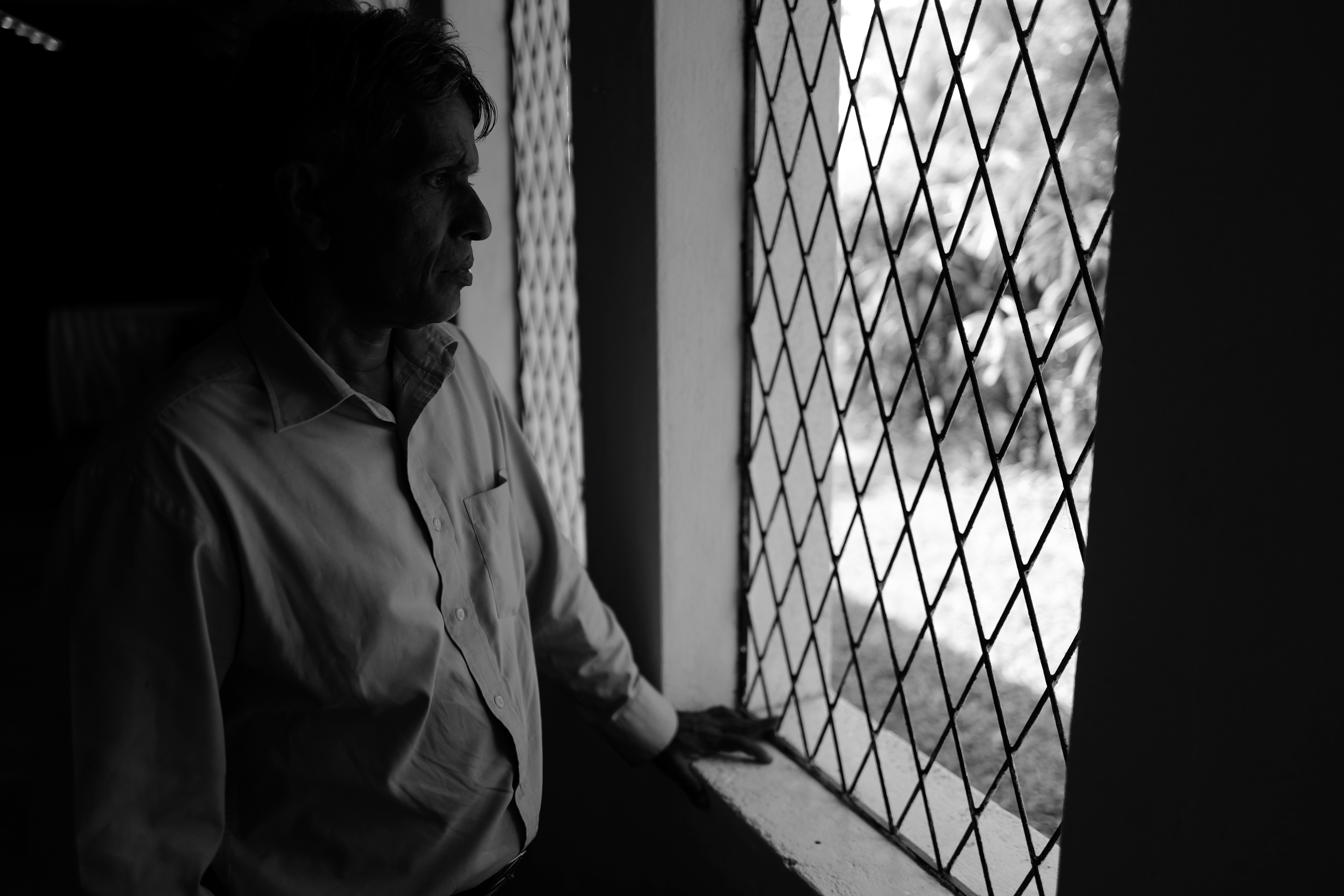
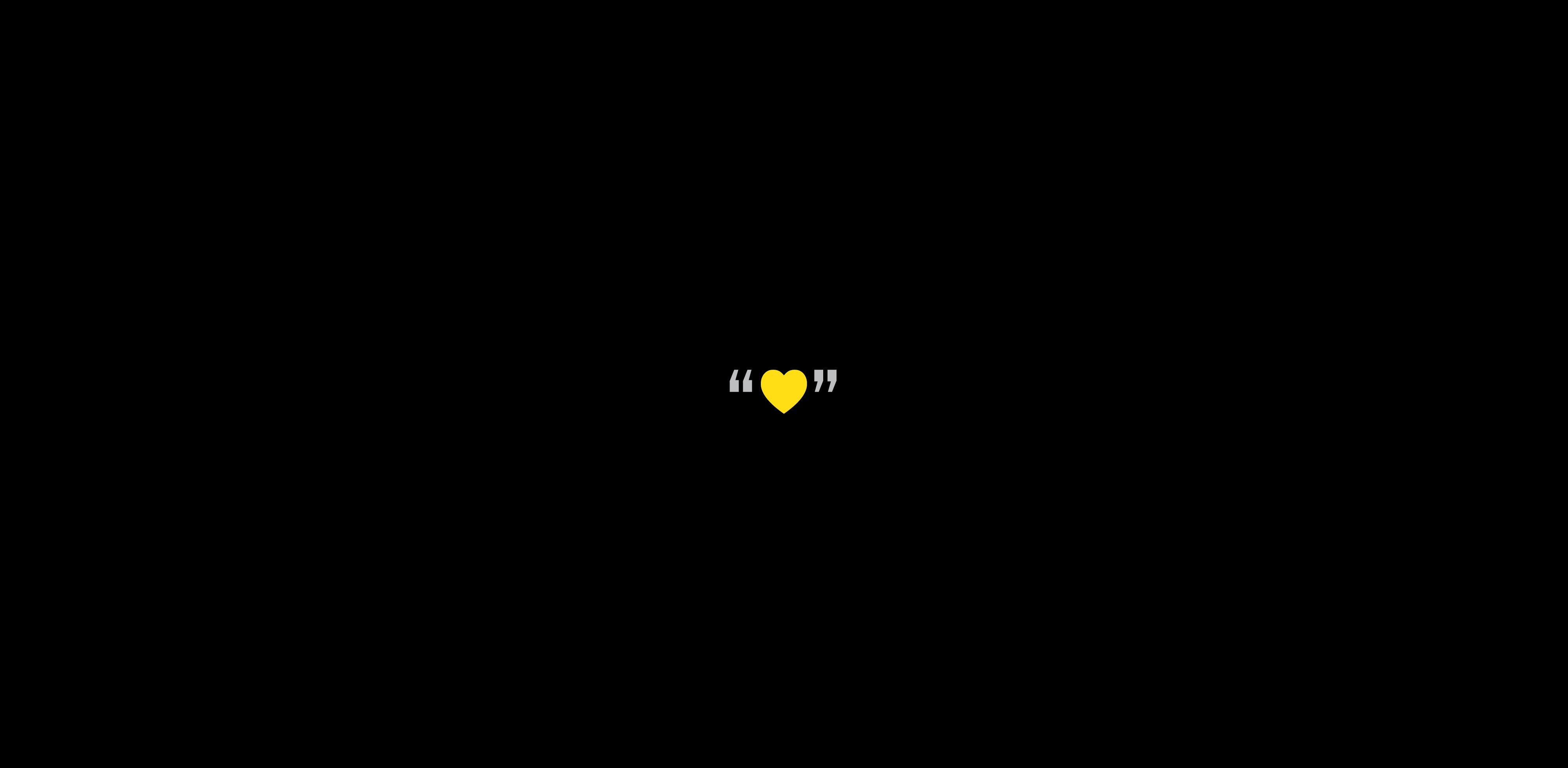
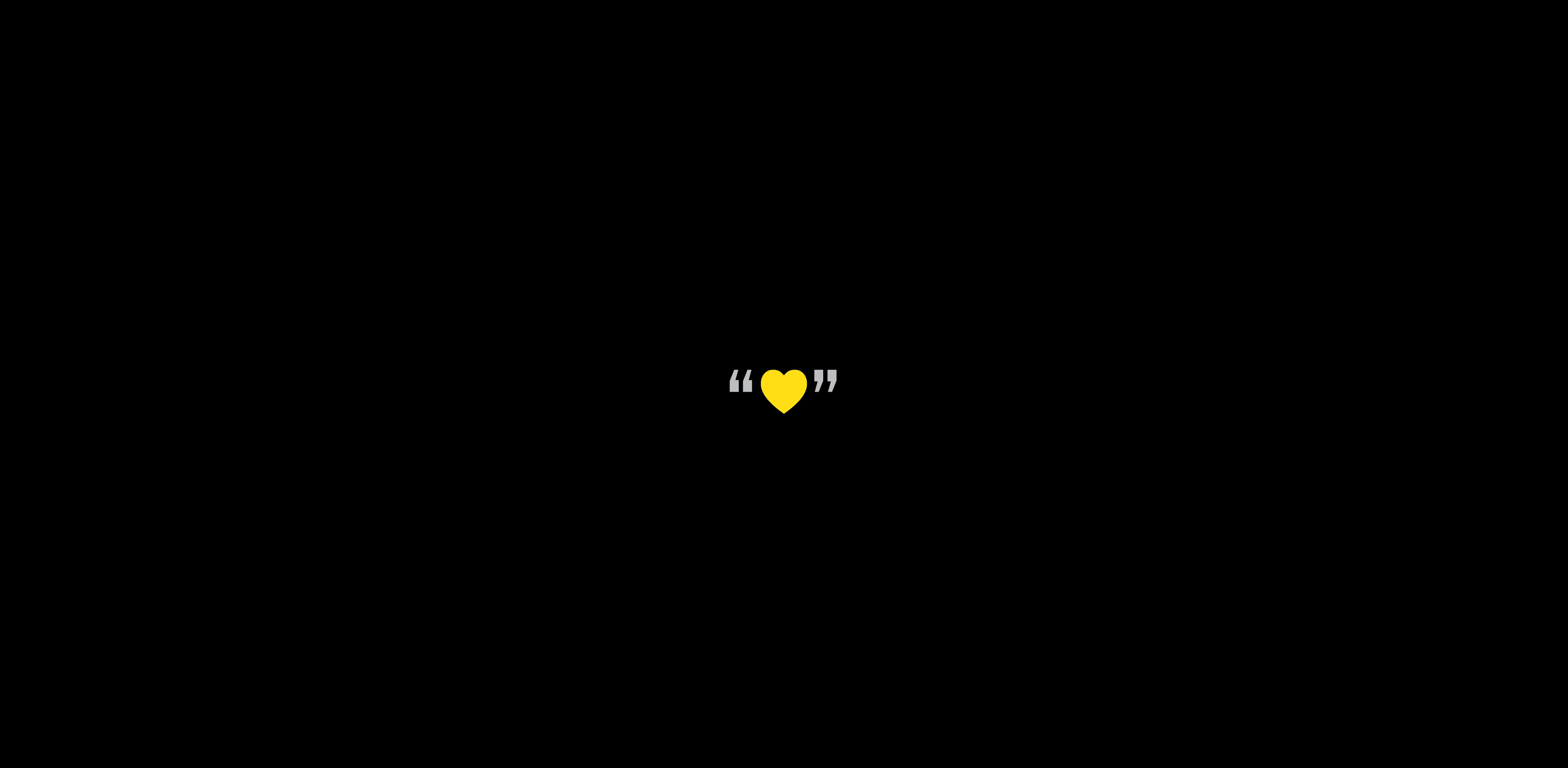
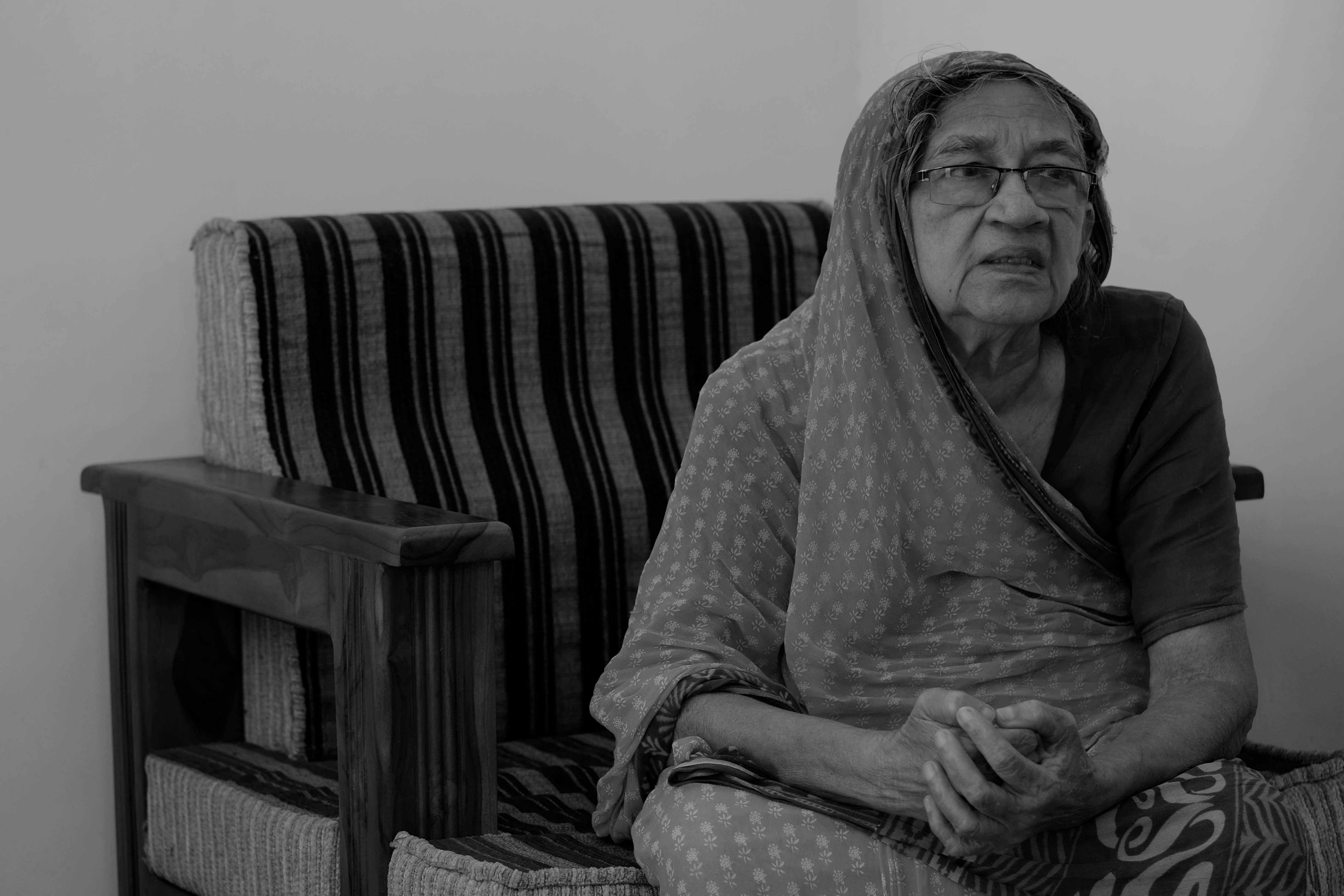
Muslims Should Be Heard is an excerpt from the parliamentary debate of Hon.Lakshman Kadiiragamar on 21st October 2003. It delves on 11 points why Muslims should be heard to achieve lasting solutions to the ethnic conflict in our country.
by: Riza Yehiya | March 12, 2019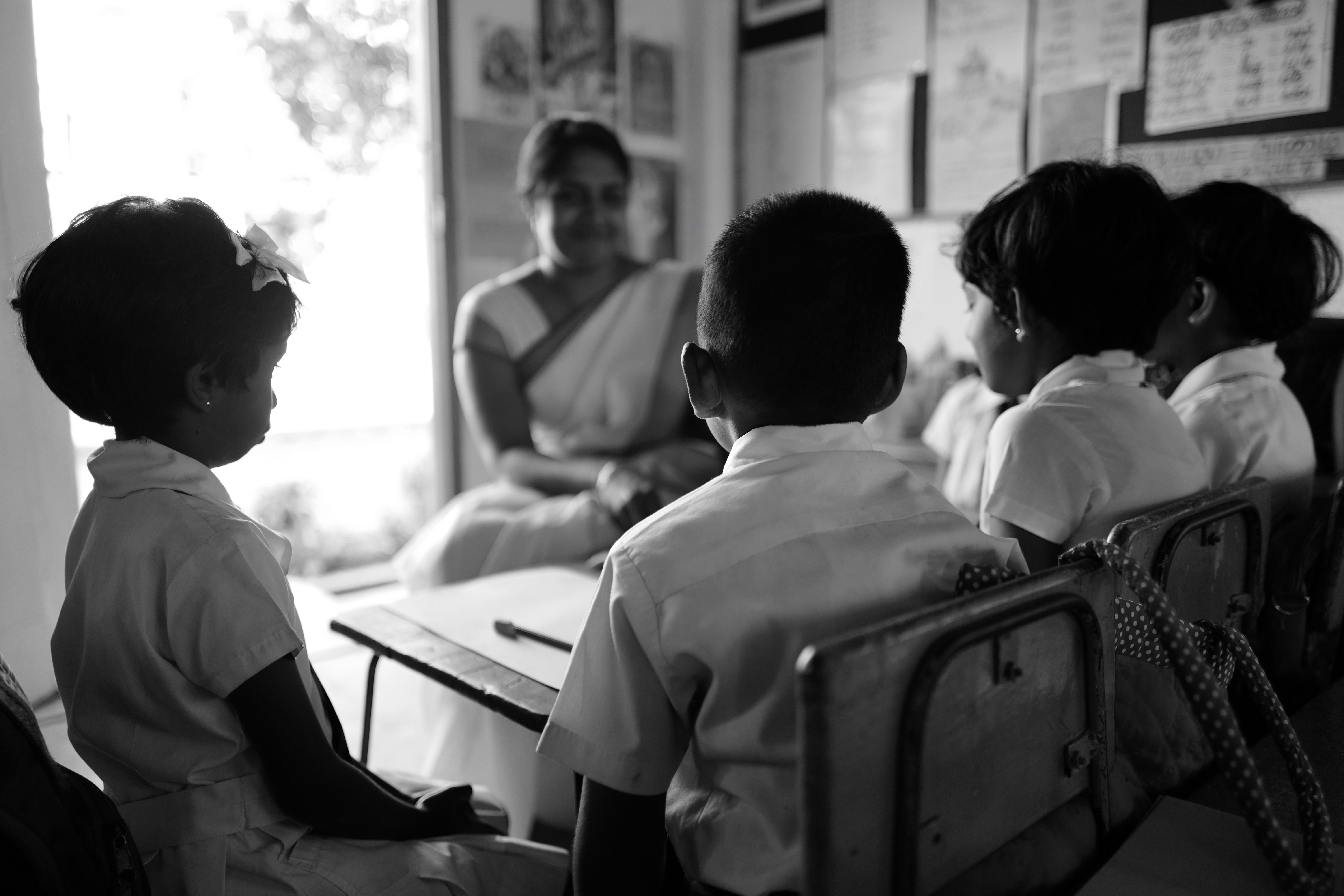
My difference defined me from the beginning, when I was a child in school in which everyone spoke a different language to what I was used to at home. This signed me out from the very first day. My name was very different to what everyone else’s was. And gave birth to a lot of snarky nicknames. Grade 1 was full of bullying.
by: Wakif Ariff | March 12, 2019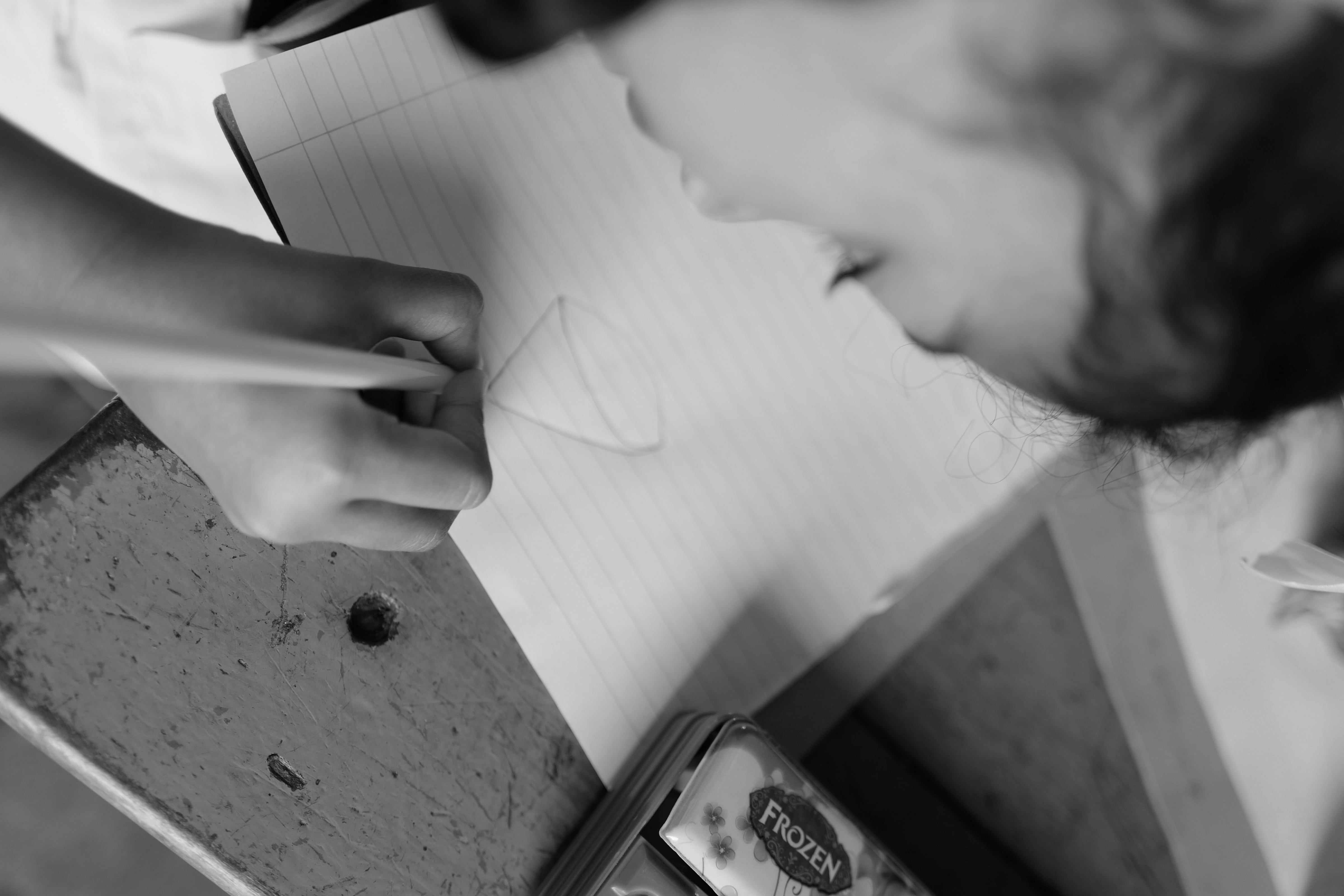
8-year-old Aaliyah Dilshan shares her experience of the Digana anti-Muslim riots
by: Aaliyah Dilshan | March 07, 2019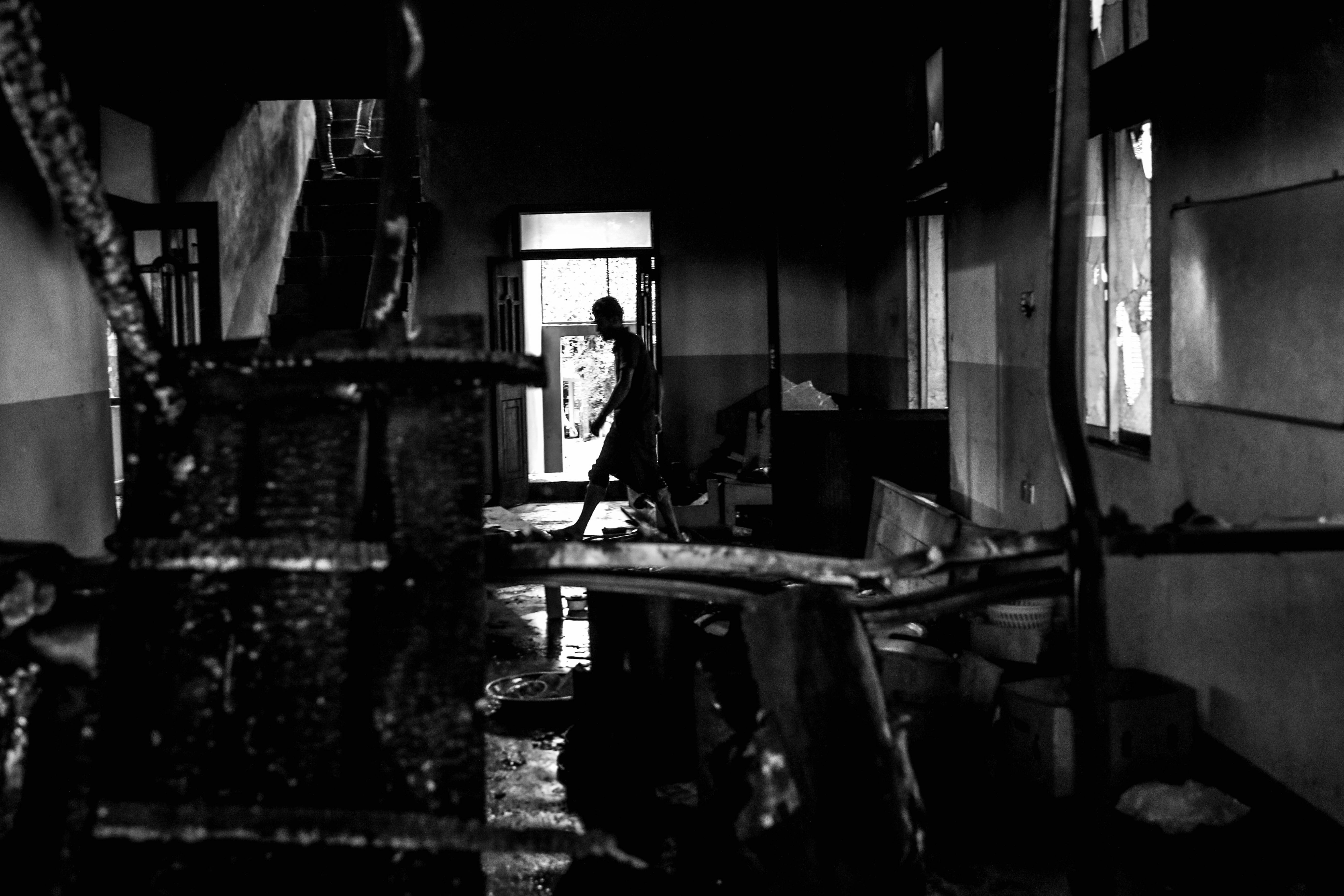
The recent spate of Anti Muslim violence that took place in the east and central part of Sri Lanka at the end of February brought to realisation the worst fears that many of us working in the space of community relations have had.
by: Amjad Mohamed-Saleem | March 07, 2019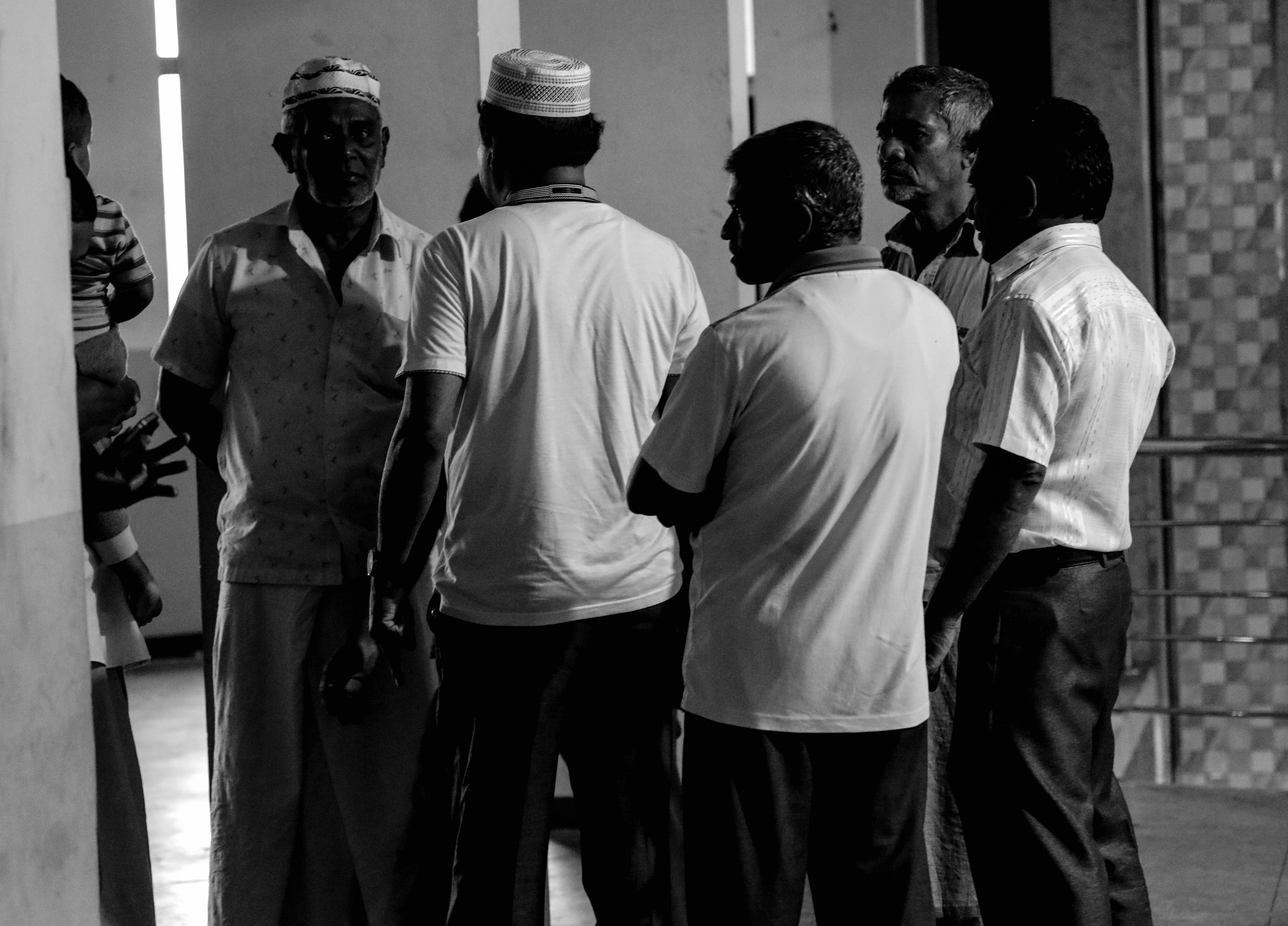
As 26th February, 2019 marks one year since the reprehensible anti-Muslim riot in the South-Eastern and Central provinces of the country, this would be an opportune time to take stock of where we stand as a country today, especially with regards to the Freedom of Religion or Belief (FORB).
by: Shalomi Daniel | February 18, 2019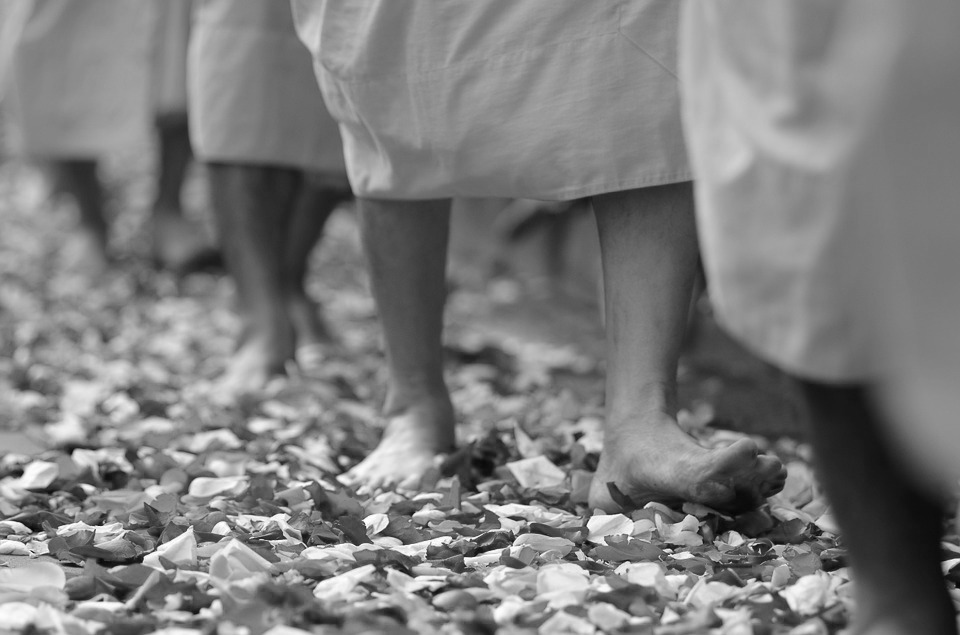
The evolution of the role of Buddhism in Sri Lankan society and politics has taken a new step with the emergence of aggressive and extremist Buddhist organisations.
by: Shonali Thangiah | August 22, 2018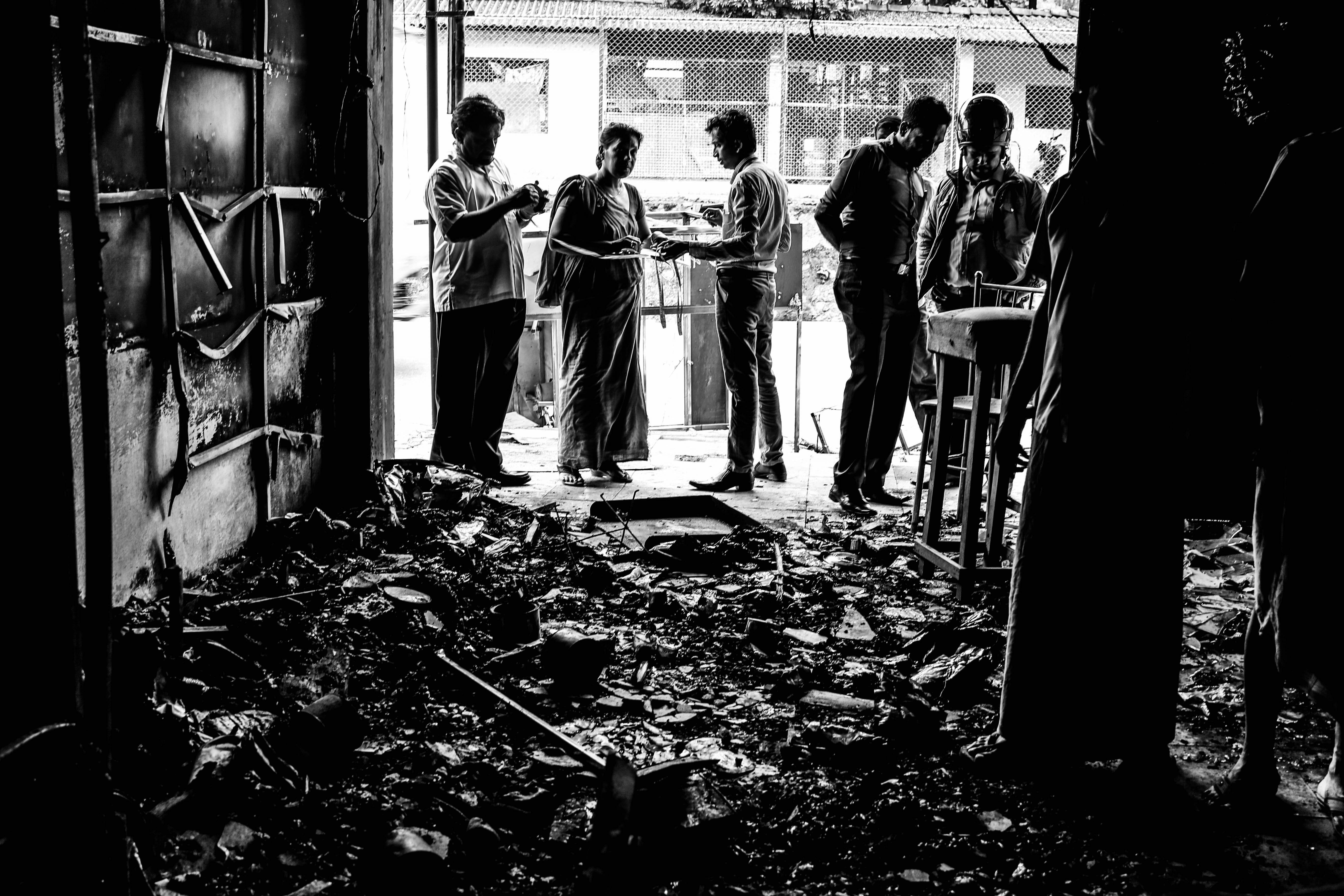
When the term conflict is applied to Sri Lanka, it is often preceded by the term “ethnic”. While this may have rung true in the past, post-war conflicts in the country currently tend to stem from religion instead, marking a shift in the conflict dynamics of the state. To examine this claim, ICES undertook a study of multi-religious heritage sites in Sri Lanka to discern whether conflicts have indeed taken on a religious turn.
by: Shonali Thangiah | August 20, 2018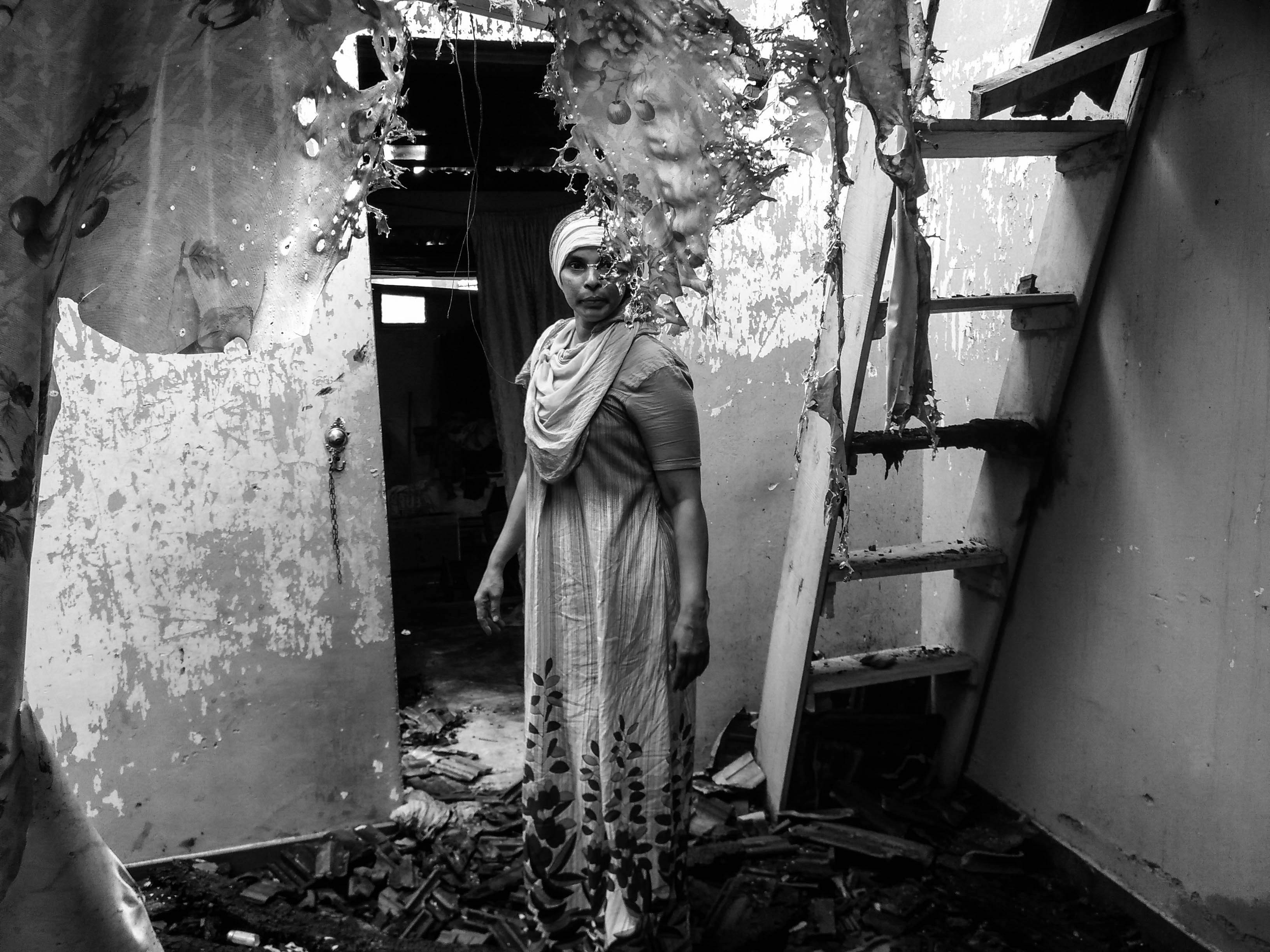
2018.මාර්තු 05 වන දා සිට දින කීපයක් පුරා දිගන හා ඒ අවට ප්රදේශයන් හි මුස්ලිම් ප්රජාවට එරෙහිව එල්ලවූ ජාතිවාදී ප්රහාරයන් පිලිබඳ මතක ශේෂ දිගන , මහනුවර , අඹතැන්න , අකුරණ මාස කීපයකට උඩදී මෙරටේ බොහෝ දෙනෙකු බිය ගැන්වූ නගර කීපයකි. එහෙත් දැන් ඒවා මාස කිපයකට කලින් කටට හුරුවූ නම් කීපයක් බවට පමණක් පත්ව තිබේ. දිගන ට දැන් මොකද? කවුරුත් අසන්නේ නැත. සිංහල වේවා, මුස්ලිම් වේවා, දෙමළ වේවා කිසිදු දේශපාලකයෙකුට දැන් මේවා තවදුරටත් මාතෘකාවන් නොවේ.
by: Ishara Danasekara | August 03, 2018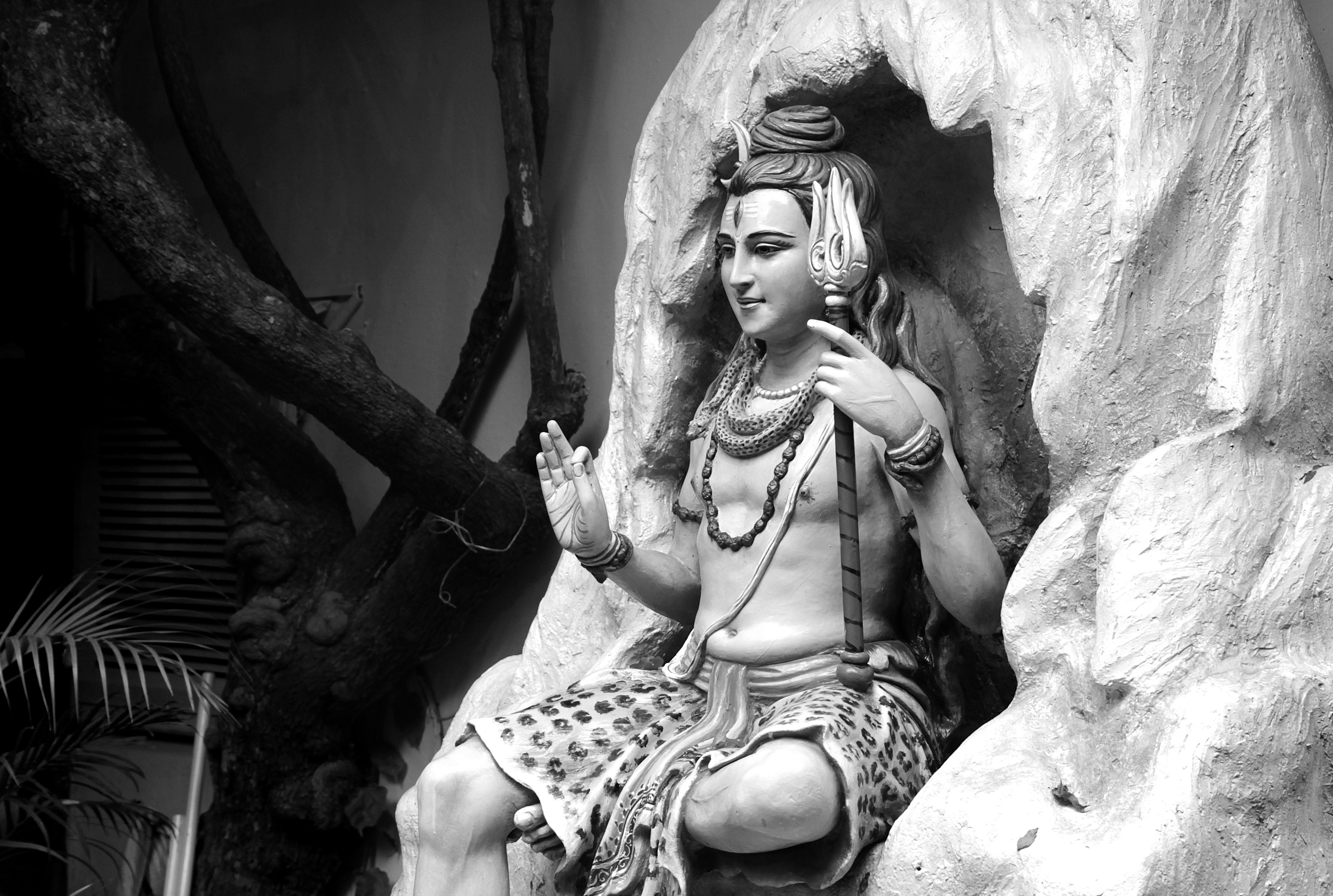
“அன்பும் சிவனும் இரண்டென்பர் அறிவிலார் அன்பே சிவமாவது யாரும் அறிகிலார் அன்பும் சிவமும் ஒன்றென்று அறிந்தபின் அன்பேசிவமாய் அமர்ந்து இருந்தாரே”
by: Kajaluxsy S. | August 03, 2018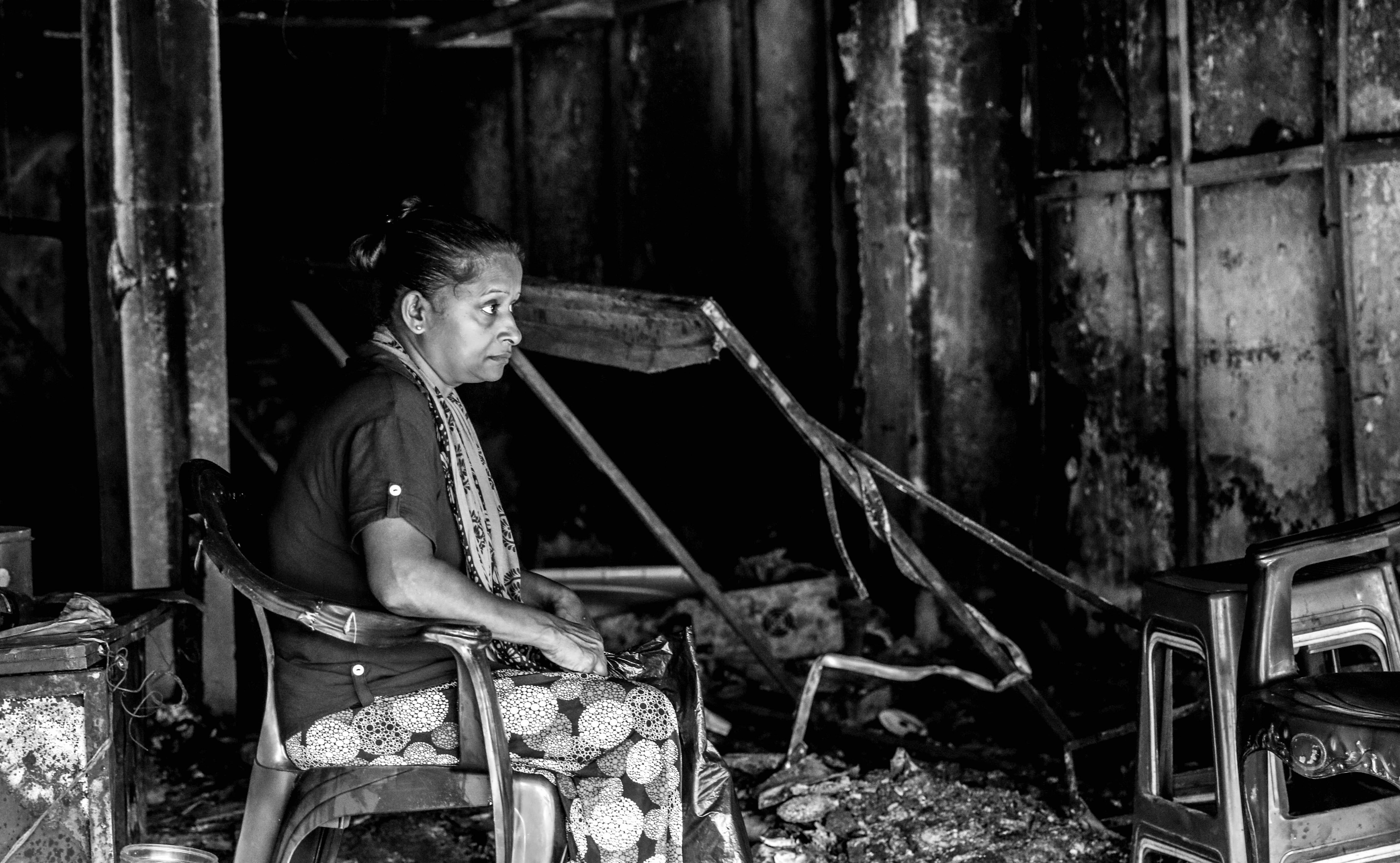
Today, I will be speaking about ‘My Village’, she said, as she stood shyly before her class. I love my village. It is beautiful.
by: Marisa De Silva | July 24, 2018
Sri Lanka is a highly networked society. By some accounts, the number of Sim cards outnumber the number of people. We’re also pretty much addicted to social media and have become reliant on it as a source of relevant information about what is happening in the country. This, as one can imagine, leaves us open to all sorts of dangers, fake news is just one of them. With the already rather lacklustre status of journalistic ethics further eroded in the online landscape, users on social media can use all manner of subtle and not-so-subtle techniques to spread hate and misconceptions that can ultimately cause great damage to national unity.
by: Abdul Halik Azeez | July 24, 2018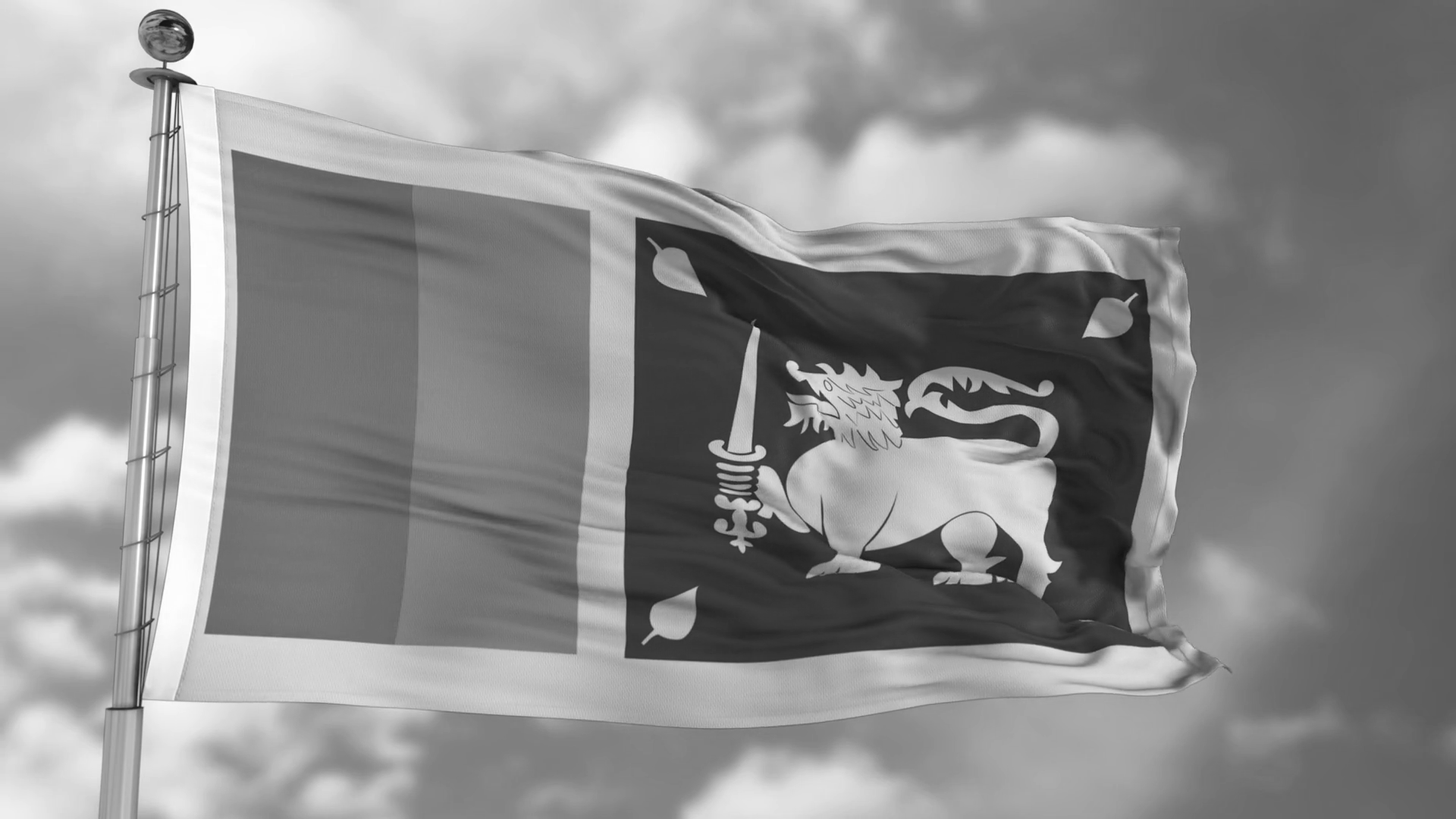
Sri Lanka is famed for a few things, tea, #islandliving, cricket, warm smiles and hospitality towards tourists, and ethnic violence and xenophobia between our own. The waves of ethnic violence have been attributed to various factors. More often that not, ethnic violence has been a result of and reduced to one man’s political ambition; if they are not pandering to the ethnic majority, they are conning the ethnic majority in to a xenophobic fit to create just a little chaos for them to thrive on.
by: Tmalu | July 24, 2018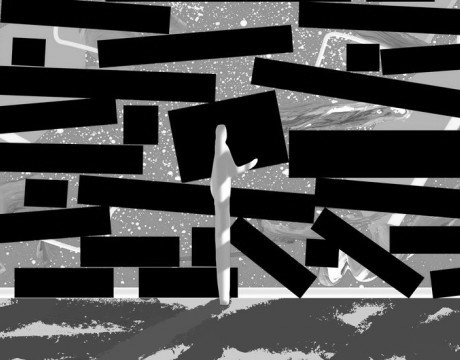
Tolerance is widely accepted as an essential component of developing harmonious societies. However, societies often pursue methods of censorship (somewhat ironically) in order to successfully achieve tolerance between communities. Free speech is often trampled on in the name of preserving religious sensibilities—either through self-censorship or legislation that censors.
by: Annouchka Wijesinghe | July 24, 2018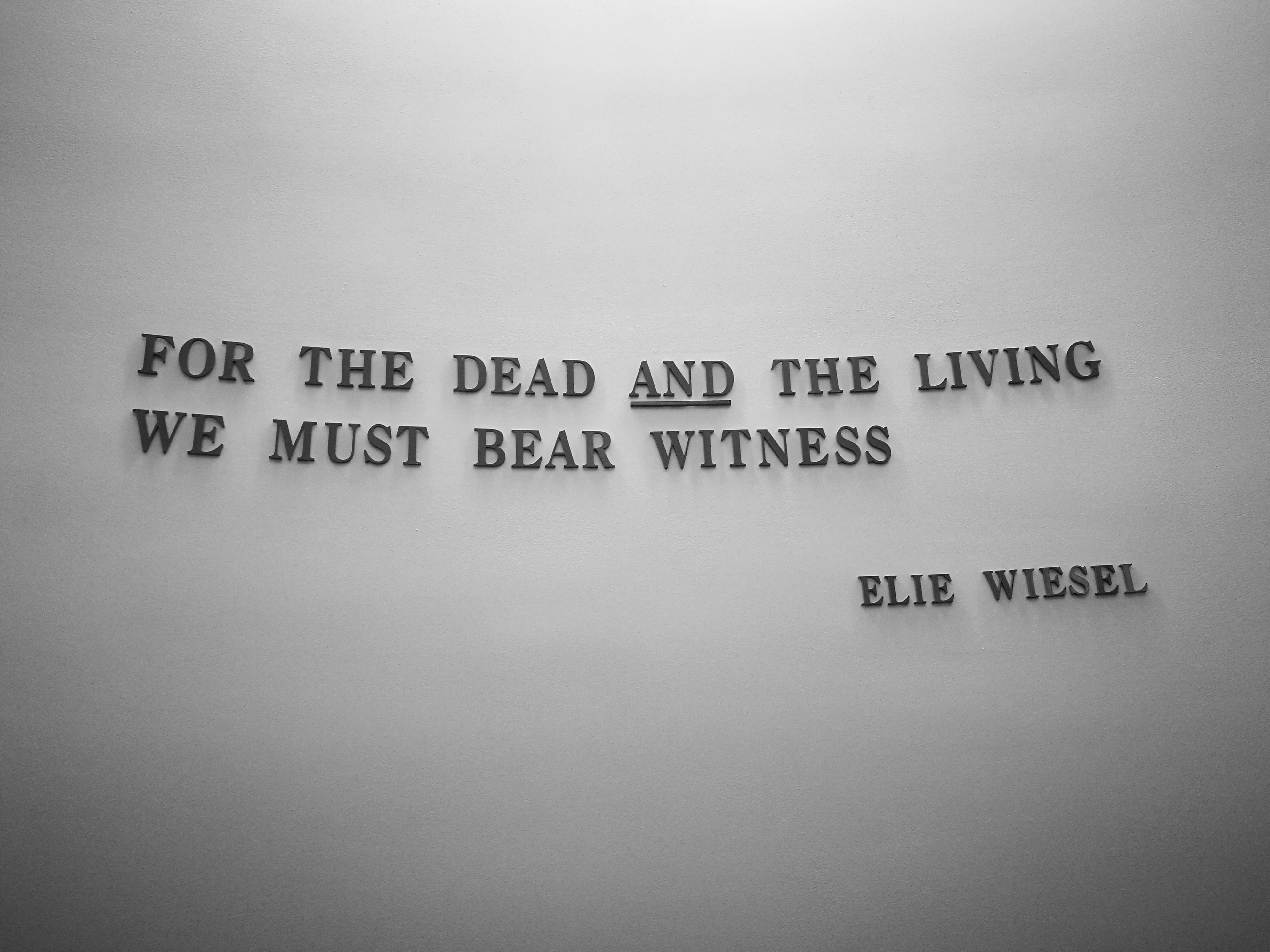
‘The Juwes are the men that will not be blamed for nothing’. This quote has been attributed to a mysterious figure that spread terror through the streets of Whitechapel in the 1800s. Found scrawled on a wall close to the crime scene of a well-known serial killer – a mysterious figure known to the public only by the name Jack the Ripper. That name evokes a range of reactions, from horror to quiet fascination.
by: Raisa Wickrematunge | July 23, 2018#MinorMatters welcomes blog posts and articles that are original and thought provoking, written in a tone that is clear, respectful and engaging. All contributions will be curated prior to publication and contributors will be expected to adhere to the following guidelines as minimum standards for submission.
Accuracy
Only present as fact and/or information content that can be independently verified or content that is appropriately sourced from a reputed third party.
Fairness and thoroughness
Acknowledge that there may be multiple sides to any given issue and present your readers with information that is complete, comprehensive and contextual.
Privacy
We will not publish content that infringes a group or individual’s right to privacy, except in exceptional circumstances where there is a clear and valid public interest in doing so.
Transparency and accountability
Disclose your sources, deal openly with your readers and be accountable for what you submit.
Language
Be considerate of your readers. Do not use language that is obscene or explicit or racist. Do not employ threats, personal attacks or insults.
Disclaimer: the views and opinions expressed in each blog post belong solely to theirauthor and do not necessarily reflect the policies or position of #MinorMatters. Comments on the blog are the sole responsibility of their writers. #MinorMatters reserves the right to withhold publication of blog posts and comments that do not meet the website’s standards and requirements.